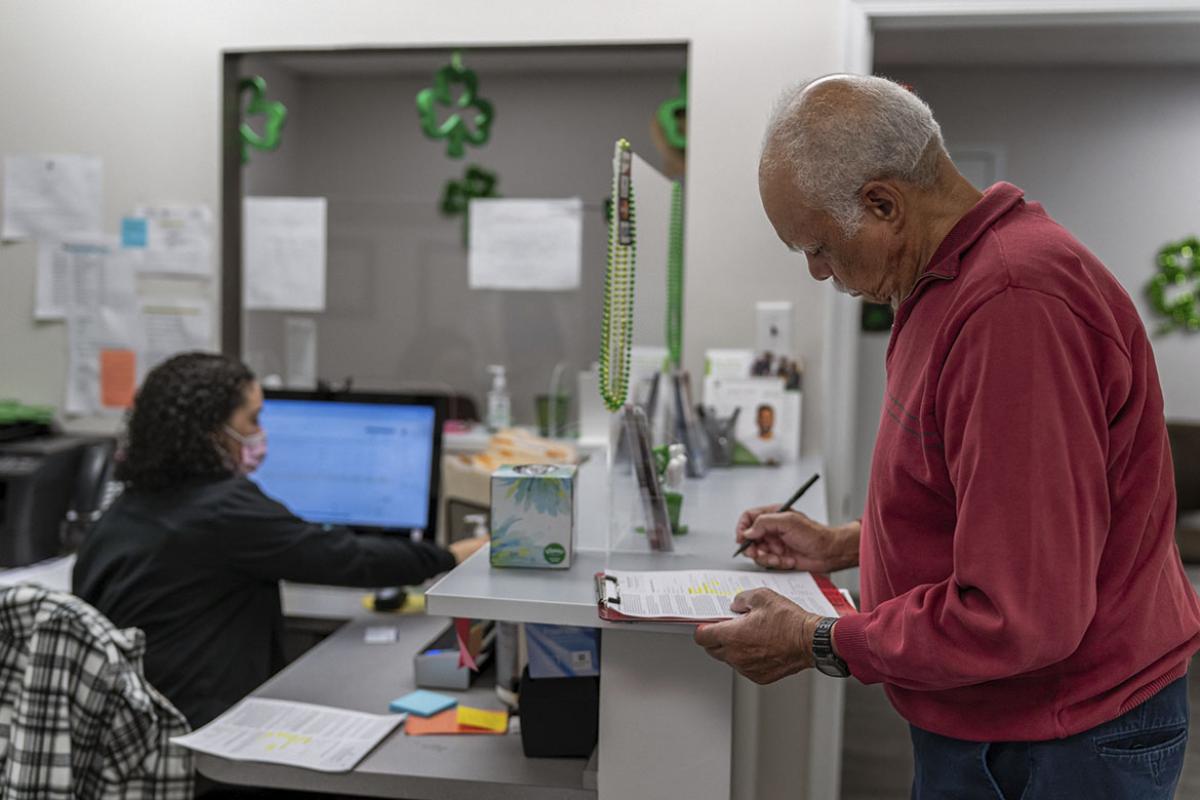Making the transition from resident physician or fellow to a practicing physician marks the beginning of a new, fruitful chapter of one’s journey in medicine. With a sharp salary increase as part of that transition, the move also opens up new financial options.
After years of lower salaries, the raise that comes with making the transition is surely welcomed by any recent trainee—according to a survey of graduating medical students in 2023, conducted by the Association of American Medical Colleges, the median medical student debt among respondents was $200,000. The higher income, however, can come with a financial hazard known as “lifestyle creep,” aka lifestyle inflation. Read on for some great expert advice on the steps that physicians who are new to practice can take to avoid excessive spending that will create a murky financial future.
Live like a resident
As a physician who recently completed training you’ve probably lived on a limited budget for the better part of decade while you navigated medical school and residency. Given the delayed gratification after years of training, balancing your finances as a young physician can be challenging, but most financial experts still recommend “living like a resident” even after training ends.
If you can maintain a similar resident lifestyle and budget for a few more years, you’ll be able to prioritize your financial goals—which likely include paying off medical student loans or other debts. While it is understandable to start spending based on your new salary by taking on a hefty mortgage, expensive car payments, and other expenses that can eat up your whole paycheck—it is harder to remove luxuries once they’re part of your monthly expenses.
After just a few years of maintaining your finances and budget as if you’re still a resident and paying down your medical student loans, you may find the financial security and freedom to enjoy the lifestyle you’ve worked so hard to achieve.
Get a grip on medical student loan debt
A plan to repay your medical student loan debt efficiently is vital for young physicians.
“Creating a plan to tackle medical school debt may seem daunting at first, especially when the average physician graduates with more than $200,000 in student loans, but it’s one of the best things you can do early in your career,” said Kaitlin Walsh-Epstein, chief marketing officer at Laurel Road, a financial services company that specializes in working with physicians.
“We’ve worked with residents since the beginning, and one of the pitfalls we’ve seen is a tendency to procrastinate planning for student loan debt. This might mean you’re missing out on potential savings, federal forgiveness programs, or defaulting to forbearance or deferment that may not be your best option. The first step is understanding all your options, so you can make sure you’re on the right path to manage your debt.”
Create a budget and stick to it
As a physician, you’re likely to have more non-negotiable items on your monthly expenses, including disability insurance and term-life insurance, on top of significant medical student loans. Whether you have just finished residency or are progressing in your career as a practicing physician, your budget should reflect where you are now, as well as addressing your future financial goals. While it may be difficult to find the time for budget management, you will want to find the type of budget that you can regularly update.
One of the simplest methods to follow is the “50-30-20” budget that separates your after-tax income into three buckets: Bucket 1 for essential needs; Bucket 2 for wants; and Bucket 3 for savings. And whether you use a simple spreadsheet or a budgeting app, how you budget doesn’t need to be complicated or time-consuming. The most effective method will be the budget you can maintain with your schedule.
“It's important to know how to allocate, spend, and manage a budget—know what you’re spending your money on.” said Chirag Shah, MD, an anesthesiologist who works with Laurel Road in an advisory capacity.
“You just owe it to yourself to spend maybe an hour a month, or even an hour every few months, to take stock of your finances. It’s super easy to just have a check come into your bank account and then disburse whichever way it does. But it’s worth the effort to stop and think about where your money is going and how you can set up your future self for success.”





